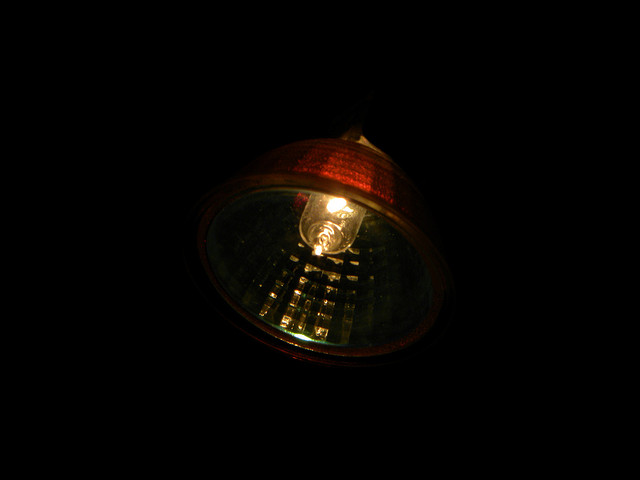The “Christian” Version of Isaiah 5:20
Preachers have talked constantly in recent years about Isaiah 5:20 and how it sounds like our nation’s attitude toward morality. In that verse, one of six “woes” in Isaiah 5, the prophet famously stated,
Woe to those who call evil good and good evil, who put darkness for light and light for darkness, who put bitter for sweet and sweet for bitter!
When we hear those words, we are constantly reminded of how certain sins are given names that make them sound not so bad. Adultery becomes “an affair.” Homosexuality is simply “an alternate lifestyle.” Even sin itself is referred to as “making a mistake.”
We can “amen” those sermons all day long, because we know how God feels about those things. We call sin just for what it is.
Or do we?
I think it is interesting that this verse from Isaiah leaves no middle ground. Something is either good, light, and sweet, or it is evil, darkness, and bitter. God always treats sin that way.
Maybe, though, we have a slight variation on this passage. I think the temptation is to look at some things and call evil…well…to call it “not so bad.”
This happens when we play the comparison game. You know the one.
I’m not a murderer, so I must be okay.
I’ve never cheated on my wife like that guy, so viewing a little porn can’t be too bad.
I live right all week, so God won’t possibly condemn me for worshiping with the instrument.
I help people constantly, so I deserve a cold one with the boys on Friday night.
Do you see what we are doing? What is our standard? We are not longer seeing good and evil only. We create some middle ground where we become the standard and call certain things “not so bad.”
Friend, we need to get back to God’s standard. Things are either right or wrong. They are good or evil. They are light or dark. They are sweet or bitter.
After all, in the end, there is only heaven or hell, and we won’t get to be the standard of choice as to where we go. Knowing that, wouldn’t you think it wise to follow the standard of the One who will decide?
QUESTION: What are some other common “comparison game” statements or standards that we use?
—————————-
Photo credit: Nathanmac87 on Creative Commons
To receive our blog posts via rss, click here. To subscribe via email, click here.
To sign up for our free monthly enewsletter, click here.
Click the banner to visit our publishing website




